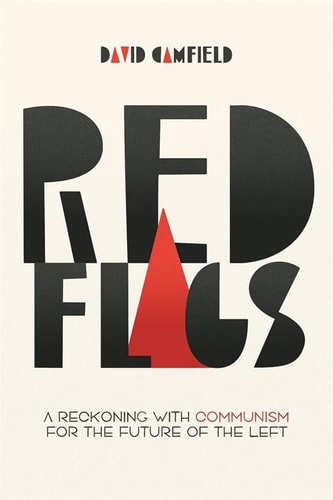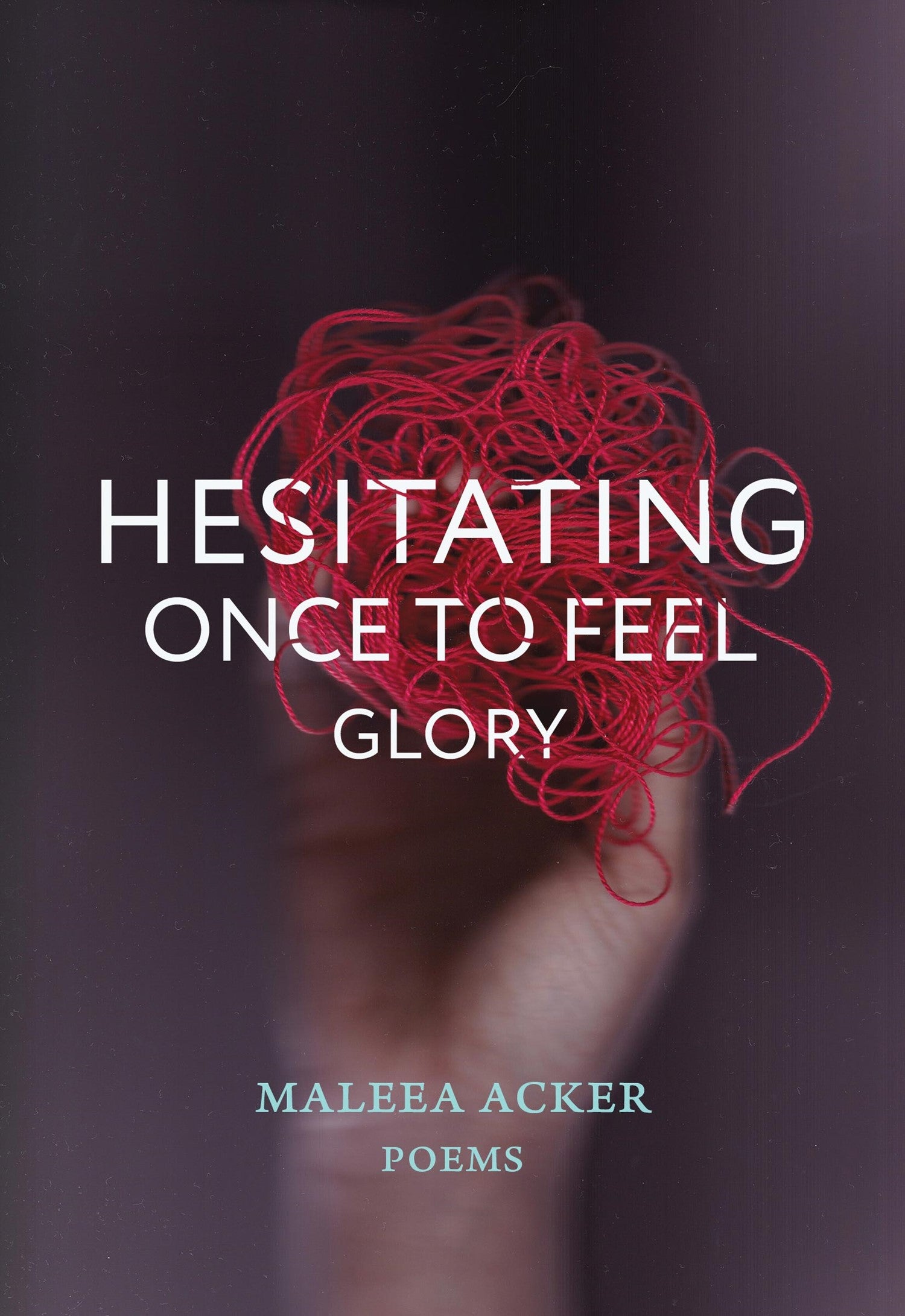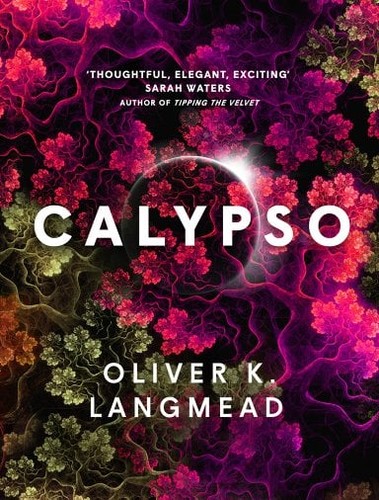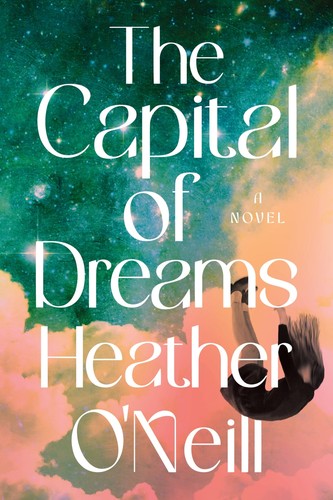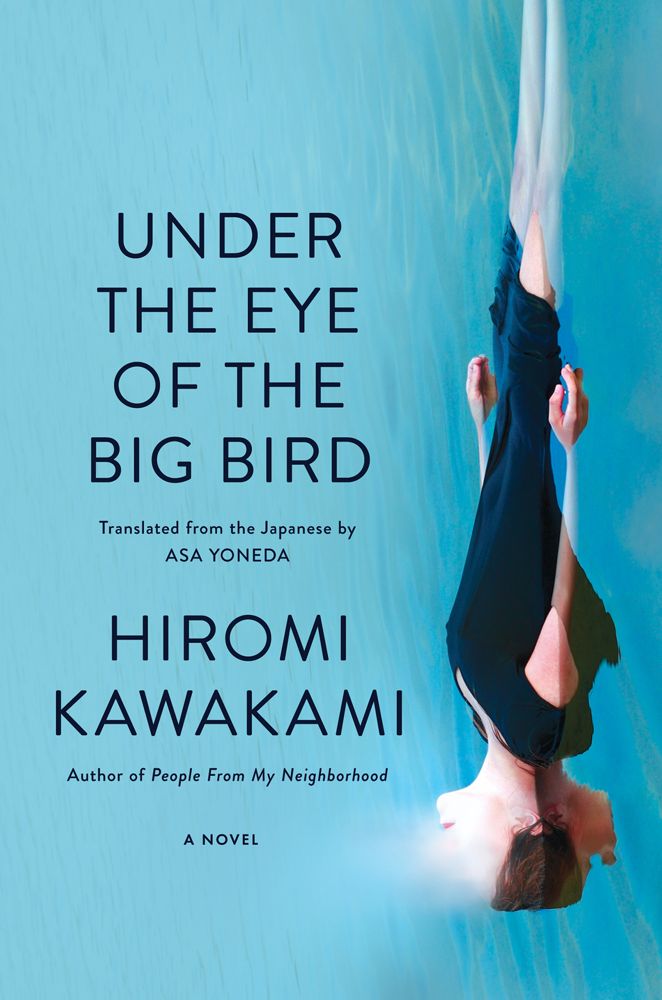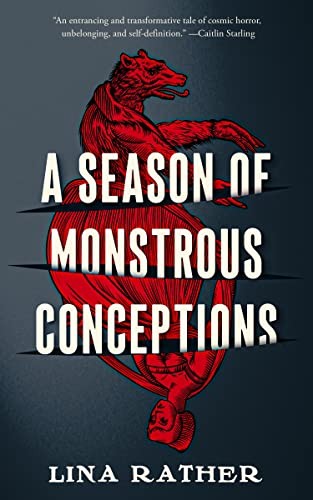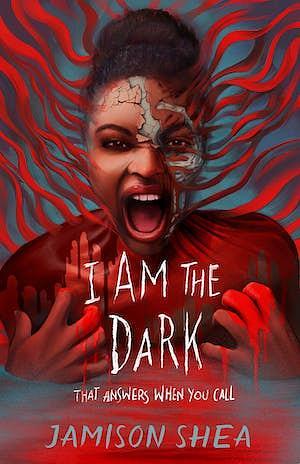el dang reviewed The Empire of Gold by S. A. Chakraborty (The Daevabad Trilogy, #3)
Epic series finale, a few clunky parts
4 stars
Content warning some major spoilers
It took me a long time to pick this book up because even though Kingdom of Copper left me wanting more, the sheer size of this tome was intimidating. And the end of Kingdom of Copper was so bleak that I knew there would be some rough things ahead.
In the end, the hardest reading by far were the chapters from Dara's perspective. On the one hand because of a sense that he really was trapped, over and over again, until finally figuring out how to break out. On the other, because they are ultimately the self-justifications of a war criminal. That probably makes them even harder reading today than they were when the book came out, but it also makes them particularly important to face up to today. And I think one of the really powerful things Chakraborty does with this series is to face up to various different ways people use their convictions to justify atrocious things to themselves.
I loved the Ali-Nahri interplay, watching Muntadhir grow into a more three-dimensional person, and getting some portrayal of Rustam. I also appreciated how even though he doesn't appear in the book, the character of Ghassan gets fleshed out more by peoples' recollections of and reactions to him. The book left me simultaneously more disgusted with him and more empathetic towards him, which is quite a feat.
At the same time it did have some parts I found distractingly clunky. Just like the middle of City of Brass, the climactic battle feels too Marvel movie for my taste - it could have done with being a little less turned up to 11, less breathless, and less impossible feeling. Every time the peri have appeared in this series they've felt like a too-convenient deus ex machina, and I think the author found herself having to do that because she painted herself into corners with the impossibility of odds against Nahri. By the end, Manizheh had turned from a sympathetic villain into rather too much of a cartoon. And Dara's resolution was a bit too neat, though I did appreciate how the bonus material at the end complicates that some.
But this was still a satisfying end to a series I have loved.
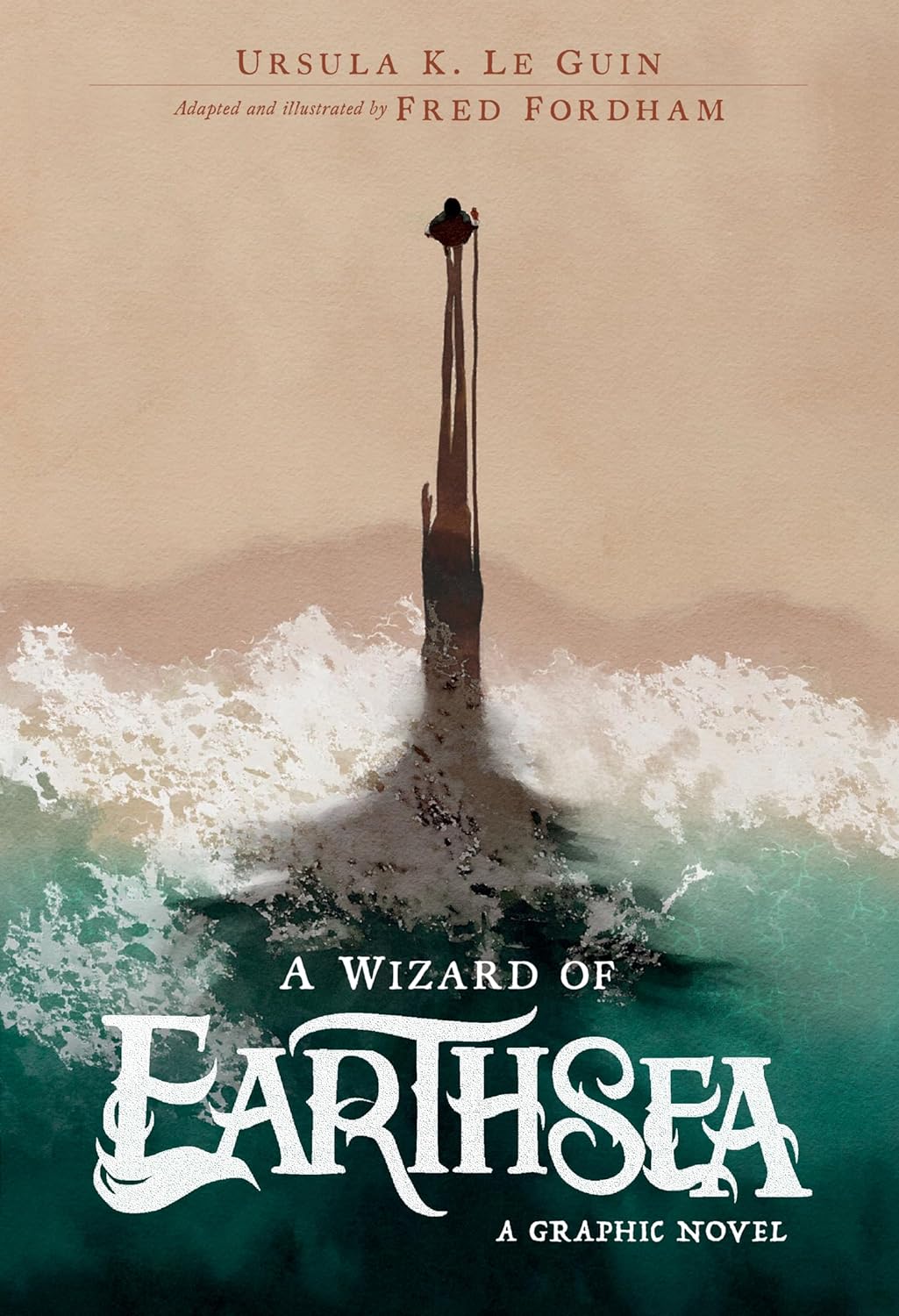
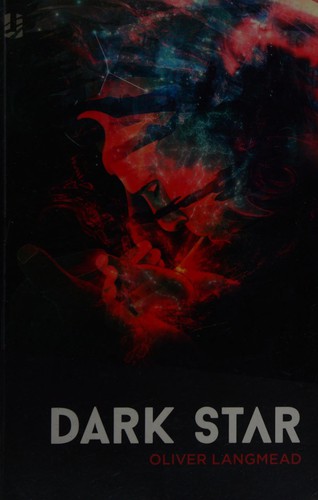

![Thomas Mann: The Magic Mountain [Der Zauberberg] INTERNATIONAL COLLECTORS LIBRARY SERIES (1953, International Collectors Library)](https://st2.ap-south-1.linodeobjects.com/images/covers/04565517-80cc-4c4c-a2bb-e3ce61799665.jpeg)
